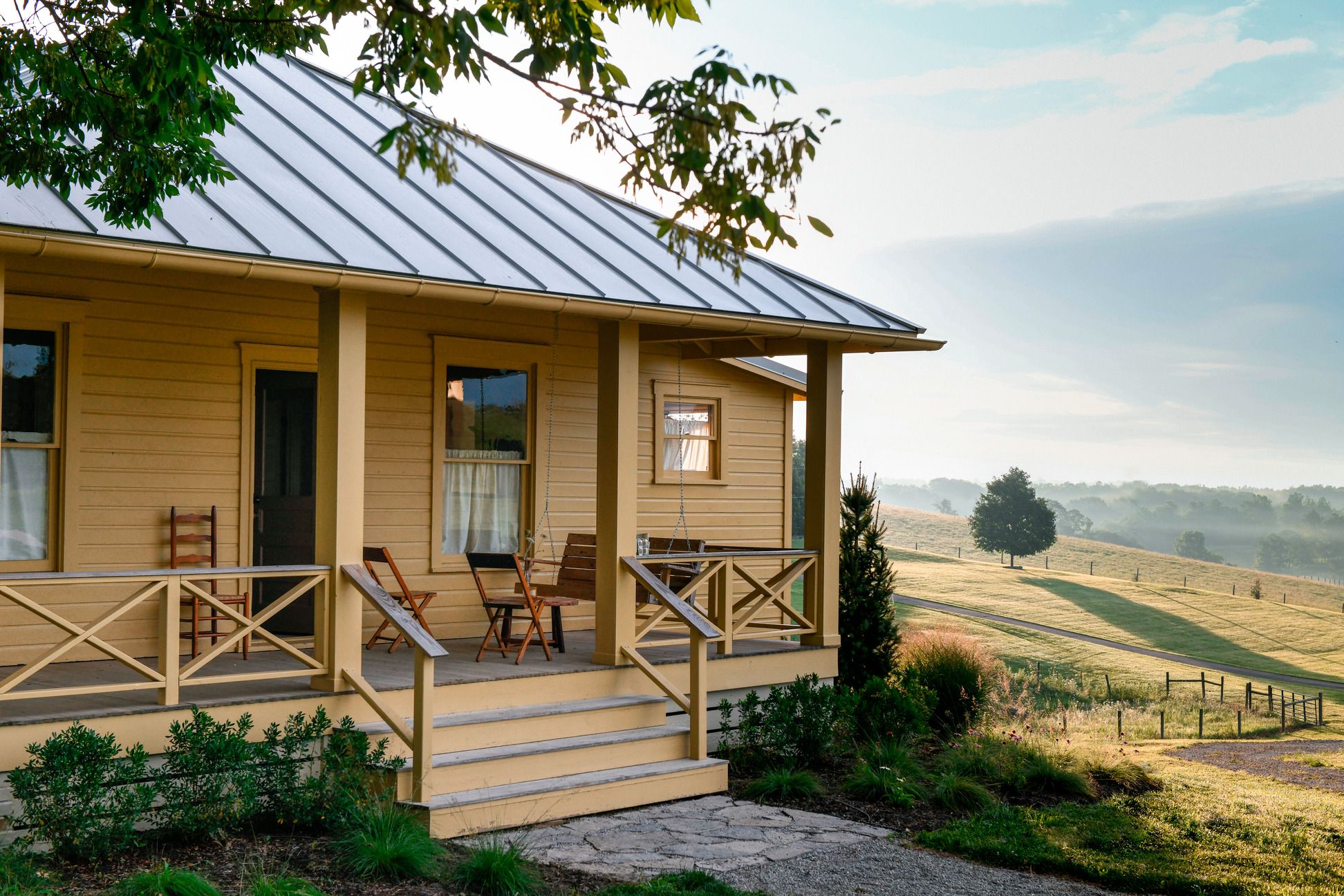Top 5 Tips for Winning at House Auctions Every Time

Top 5 Tips for Winning at House Auctions Every Time house auctions provide a unique chance to purchase properties at prices well below their market value. For those eager to invest in real estate, auctions represent a fast-paced and high-stakes opportunity. To emerge victorious, bidders must come prepared and be strategic. The right approach can help secure properties for much less than traditional sales would cost.
Winning at a house auction tip doesn’t rely on luck; instead, it’s about preparation, planning, and understanding the auction process. Whether you’re a seasoned pro or a first-time bidder, these five essential tips will guide you through the process, improving your chances of success.

1. Do Your Research and Know the Property Inside Out
One of the most important house auction tips is to conduct thorough research. Properties up for auction can vary widely in terms of condition, location, and price. To avoid surprises, familiarize yourself with all the details before the auction begins. This means more than just reading the auction listing; it involves digging into public records, talking to neighbors, and, if possible, visiting the property in person.
Property Research Includes:
- Title Search: Ensure the property has no outstanding liens, unpaid taxes, or any other claims that could become your responsibility after you win. Public records often contain this information.
- Property Condition: Most auction properties are sold as-is. If you cannot inspect the property in person, gather as much information as you can from photos, videos, or reports from local inspectors.
- Comparative Market Analysis (CMA): Review similar properties in the area to understand the market value. This helps you know if the auctioned property is priced below market value, which will inform your bid.
This research not only arms you with valuable insights but also minimizes the risks associated with buying properties at auction. By understanding the property’s true value, you’ll be more confident in your decision and better positioned to make a competitive bid.
2. Set a Budget and Stick to It
A solid house auction tip that every experienced bidder knows is to set a clear budget and stick to it. Auctions can be thrilling, and it’s easy to get caught up in the heat of the moment. The excitement of potentially winning a great deal can lead to bidding beyond your initial budget. This is a mistake that can cost you significantly.
How to Set a Realistic Budget:
- Include Auction Fees: Be aware of any additional fees, such as administrative charges, buyer premiums, or deposit requirements. Factor these into your total budget.
- Estimate Repair Costs: Auctions often feature homes in need of repair. Factor the cost of renovations into your budget if necessary.
- Stay Below Market Value: Aim to secure the property at a price lower than its current market value, ensuring that you still come out ahead even if you need to make repairs.
Sticking to your budget is crucial. Emotional bidding can quickly lead you down a path of overpaying for a property, which is something you want to avoid. With a firm budget in place, you can walk away from an auction with confidence, knowing you’ve made a financially sound decision.
3. Understand the Auction Process and Rules
Each house auction tip expert will emphasize the importance of understanding the auction rules and process. Every auction house and region may have different procedures, so it’s essential to know exactly how the event will unfold. Before you attend, read through the auction’s terms and conditions to familiarize yourself with the rules.
Key Aspects to Understand:
- Auction Type: Auctions may be online or in-person. Online auctions require different strategies, like setting your bid in advance, while in-person auctions may involve more direct interaction with the auctioneer.
- Reserve Price: Some auctions have a reserve price, which is the minimum amount the seller will accept. If the bidding doesn’t reach this amount, the property won’t be sold.
- Bid Increments: Understand how much the price will increase with each bid. Some auctions have set increments, such as $1,000 or $5,000, while others may allow smaller or larger increments.
- Winning Bid: Know how the winning bid is determined. Typically, the highest bid wins, but some auctions may involve timing or other factors.
By understanding these elements, you’ll feel more confident and prepared when the bidding starts. Additionally, knowledge of the process will help you avoid any unpleasant surprises and help you maintain control during the auction.
4. Develop a Strong Bidding Strategy
A well-thought-out house auction tip involves developing a clear bidding strategy. Auctions can be intense, and it’s easy to get swept up in the excitement. However, having a structured approach will help you remain focused and make more deliberate decisions.
Key Components of a Strong Bidding Strategy:
- Start Low, Bid Slowly: If you notice other bidders jumping in quickly, consider starting with a modest bid. This allows you to get a feel for the competition without immediately committing to a high offer.
- Know When to Stop: One of the most difficult parts of bidding is knowing when to stop. Set a maximum price and stick to it. If the bidding surpasses that price, it’s time to bow out and move on.
- Pause Tactic: If the bidding slows and you’re unsure whether to jump back in, take a moment to pause before placing your next bid. This brief hesitation can often cause other bidders to stop bidding as well, allowing you to control the pace of the auction.
- Don’t Bid Against Yourself: If you don’t face any competition for your bid, resist the urge to increase it just to keep the action going. Sometimes, other bidders are waiting for you to make the first move. If you’re not being challenged, don’t raise your bid unless necessary.
Staying disciplined and patient is essential to a successful auction strategy. By sticking to your plan and not getting swept up in the excitement, you’ll be able to make more rational decisions and secure the property for the best possible price.
5. Have Your Financing Ready and Be Prepared for Quick Closing
Another house auction tip that can make all the difference is ensuring you have your financing in place before the auction begins. Depending on the auction, you may need to pay immediately or submit a deposit on the day of the auction. Some properties require you to pay the full amount upfront or within a short period, often 30 days.
Preparing Financially:
- Understand Payment Methods: Be clear on the payment methods accepted at the auction, such as cash, cashier’s checks, or bank transfers. Ensure you have the funds available in the required format.
- Get Pre-Approved for Financing: If you plan to finance the property, seek pre-approval from your lender before the auction. This ensures you can quickly complete the transaction if you win the bid.
- Have a Backup Plan: If financing falls through, have a backup plan in place, such as a personal loan or secondary lender, to ensure you can close on the property.
Many bidders underestimate how important it is to have financing lined up ahead of time. Auctions move quickly, and if you’re not financially prepared, you risk losing the property. Having your payment method and financing ready will give you peace of mind and allow you to focus on winning the auction.
Winning at house auctions requires strategy, knowledge, and preparation. By following these house auction tips, you can increase your chances of success. Do your research, set a budget, understand the auction rules, create a bidding strategy, and ensure you’re financially prepared. With the right approach, you’ll be well on your way to securing a property at an excellent price.
House auctions may be intense, but with the right mindset and preparation, you can navigate them confidently and come out on top. Keep these tips in mind, and you’ll be one step closer to becoming a successful auction bidder.







